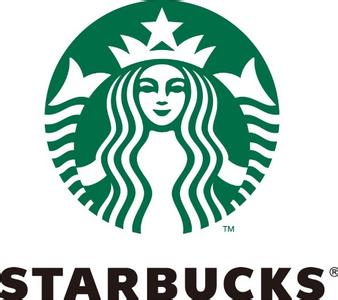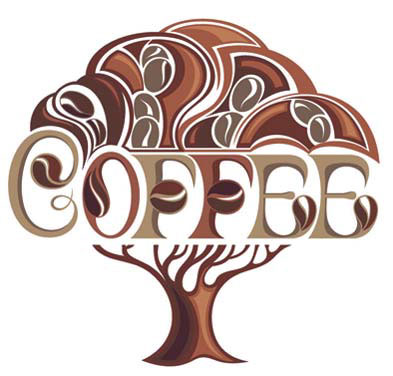Why is Starbucks deterred from the Italian market with strong coffee culture?

So far, more than 21000 stores have been opened in 66 countries around the world, according to the latest data provided by Starbucks. However, Italy is not yet one of these 66 markets. Why is the global brand Starbucks deterred from the Italian market? According to industry analysts, Starbucks lacks a competitive advantage in craftsmanship in the face of Italian espresso, and its standardized corporate culture is incompatible with local culture, such as standing or sitting.
It is understood that in Italy, where there is a strong coffee culture, there are not only many local cafes but also authentic ones, and the prices are much cheaper. Most of the locals spent 1.520 euros standing at the bar and took a sip and left. Moreover, 1.5-2 euros per cup was the price after the government raised taxes and passed on the economic crisis, which had been cheaper before. In spite of this, local tourist attractions and prime areas have basically maintained this level, with some open-air cafes drinking up to 3 euros per cup.
Some industry insiders said that generally speaking, the bitter and strong espresso consumers are the heavy enthusiasts of the product, who participate in and enjoy the coffee production, or even drink it directly without sugar; while Starbucks coffee inherits the Italian coffee culture, it forms a variety of flavors by adding milk and vanilla, which has not been recognized by most consumers. An Italian barista trainer said that if Starbucks opened a store in Italy to sell only this kind of coffee, it would close the next day.
Second, Starbucks' competitors have begun to expand in Italy. The first competitor is McDonald's, which now has 411 stores in Italy. In addition, Arnold Coffee, a coffee shop that "imitates" Starbucks, has emerged in a similar environment and sells similar things. Arnold Coffee, which has six stores in Italy, saw a 44 per cent year-on-year increase in turnover last year. The founder plans to open 44 more stores.
As a result, even if Starbucks enters the Italian market, it will be difficult to gain a foothold. Perhaps Starbucks can forge ahead when Italians drink more American coffee than espresso.
Zhu Danpeng, a researcher at the China Food Business Research Institute, said that for a global brand, there are only several factors to consider in the process of global store expansion: national GDP, per capita income, population density, store rent and employee wages. Therefore, Zhu Danpeng believes that for world brands, emerging countries are the focus of their market expansion, because these markets have huge room for growth and generous returns.
Starbucks China also told China Business Daily that whether it is choosing a target market or a new city, the main consideration is to "listen to the voices and needs of customers in entering new markets and store development."
According to the previously released results for the second quarter of 2015, Starbucks China and the Asia-Pacific region will continue to be important markets in Starbucks' global expansion strategy.
From: China Business Network
Important Notice :
前街咖啡 FrontStreet Coffee has moved to new addredd:
FrontStreet Coffee Address: 315,Donghua East Road,GuangZhou
Tel:020 38364473
- Prev

Coffee: it's just the taste that doesn't change
Summer is coming, and a new round of competition has begun in the beverage market. In this competition, it is divided according to major categories. Except for dessert drinks, Chinese tea is as popular as foreign coffee, and both have a good performance. Let's take a look at coffee consumption. Coffee: drifting from west to east in the highlands of Cafa province in southwestern Ethiopia
- Next

Gather the world's delicious coffee 2015 China International Coffee Exhibition will be held soon.
If you love coffee, of course you can't miss the upcoming Cafe Show China. It is reported that from July 2 to 4, the third China International Coffee Exhibition will be held at the Sanyuanqiao Old country Exhibition in Beijing, with coffee and cafe culture as the theme, showing different coffee cultures and cafe customs around the world. The exhibition area this year is double that of last year, and more than 200 exhibitors will take part in the exhibition.
Related
- What is the difference between Indonesian Sumatra Mantinin coffee and gold Mantinin? How to distinguish between real and fake golden Mantelin coffee?
- What does bypass mean in coffee? Why can hand-brewed coffee and water make it better?
- Unexpected! Ruixing Telunsu lattes use a smoothie machine to foam milk?!
- % Arabia's first store in Henan opens into the village?! Netizen: Thought it was P's
- Does an authentic standard mocha coffee recipe use chocolate sauce or powder? Mocha Latte/Dirty Coffee/Salty Mocha Coffee Recipe Share!
- What is the difference between Vietnam egg coffee and Norway egg coffee? Hand-brewed single product coffee filter paper filter cloth filter flat solution!
- What is the difference between sun-cured and honey-treated coffee? What are the differences in the flavor characteristics of sun-honey coffee?
- How to make Italian latte! How much milk does a standard latte use/what should the ratio of coffee to milk be?
- How to make butter American/butter latte/butter Dirty coffee? Is hand-brewed coffee good with butter?
- Is Dirty the cold version of Australian White? What is the difference between dirty coffee/decent coffee and Australian white espresso?

